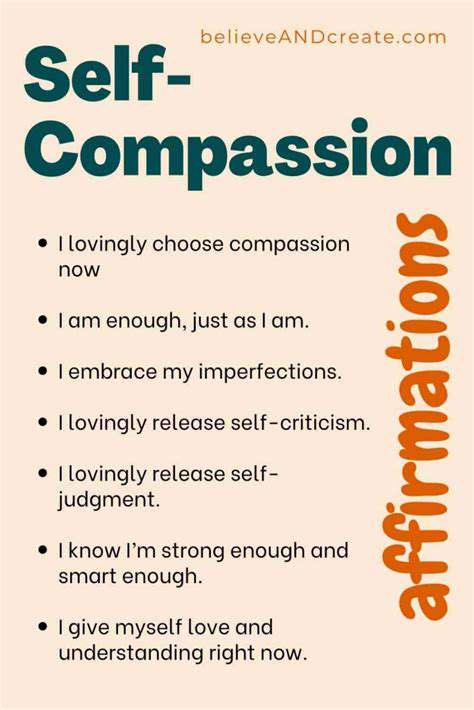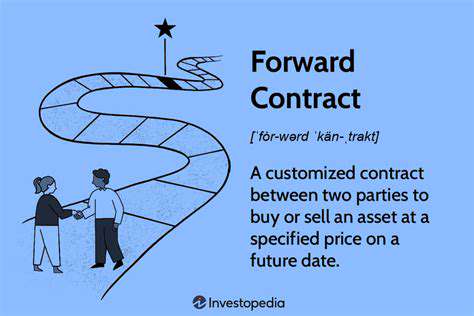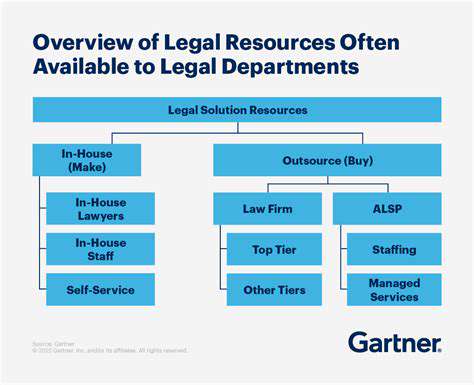Rebuilding Life Post Divorce and Breakups
Rediscovering Your Passions and Interests
Relationships have a funny way of making us set aside the activities that once brought us joy. Those abandoned hobbies aren't just pastimes - they're breadcrumbs leading back to your true self. Remember how you used to lose track of time painting? Or how energized you felt after a good workout? Those weren't just activities - they were expressions of who you are at your core.
Here's a challenge: Block out one hour this week to revisit an old passion. Don't worry about being good at it - just notice how it feels to reconnect with that part of yourself. These small acts of self-rediscovery create powerful momentum for personal renewal.
Building a Supportive Network
Isolation after a breakup happens almost without us noticing. The people who can help most are often waiting for an invitation to support you. That friend who always makes you laugh? The coworker who gives great advice? They're your personal rebuilding crew - you just need to let them know you need them.
Try this: Reach out to three people this week - one for practical support, one for emotional support, and one who just makes you feel good about yourself. Diversifying your support system ensures you get what you need at different moments.
Developing Self-Care Practices
Self-care gets talked about so much it's almost lost its meaning. Real self-care isn't bubble baths - it's the daily act of choosing yourself. That means listening to your body when it's tired, saying no when you need to, and creating routines that support your wellbeing rather than deplete it.
Start with one small change: Maybe it's going to bed 30 minutes earlier, or taking a walk after dinner. These micro-choices accumulate into powerful self-respect over time.
Celebrating Small Victories and Acknowledging Progress
We're trained to wait for big milestones to celebrate, but real transformation happens in dozens of tiny, almost invisible moments. That morning you got out of bed when you wanted to stay under the covers? Victory. The day you cooked yourself a real meal instead of snacking? Major progress.
Keep a win jar - write down your small victories on slips of paper and drop them in. On tough days, pull some out to remind yourself how far you've come. This practice rewires your brain to notice progress instead of just pain.
Practical Steps for Rebuilding Your Life: Finances, Housing, and Future Planning

Assessing Your Current Situation
Before making any moves, take a full inventory of where you stand. This isn't about judging yourself - it's about creating an accurate starting point. Make three lists: What's working in your life right now, what needs immediate attention, and what can wait a few months.
Don't forget to include non-financial resources like skills, connections, and personal strengths. You have more assets than you realize - the trick is recognizing them all.
Defining Clear Goals
Vague goals create vague results. Instead of get financially stable, try save $500 emergency fund by October 15. The more specific your target, the more likely you'll hit it. Write each goal in present tense as if it's already happening: I enjoy living in my cozy new apartment by the park.
Here's a pro tip: For every practical goal, set a corresponding emotional one. If your goal is to find a new place, your emotional goal might be feel safe and at home in my space. This dual focus keeps your rebuild balanced.
Developing a Realistic Plan
Good plans account for reality - including setbacks. Build in oops buffers - extra time, extra money, extra support. For each major step, ask: What could go wrong? Then plan a workaround. This isn't pessimism - it's smart preparation.
Try the 1-3-5 method: 1 big goal for the year, 3 medium goals for the quarter, and 5 small action steps for this month. This structure keeps you moving forward without overwhelm.
Building a Strong Support System
Different challenges require different supporters. Create your personal board of advisors: Maybe a financially-savvy friend for money questions, a pragmatic sibling for decision-making, and a compassionate listener for tough days.
Remember to reciprocate support too. Helping others actually strengthens your own recovery.
Learning and Adapting
The most successful rebuilders aren't those who never fail - they're those who learn quickly. Treat every stumble as data, not defeat. Keep a lessons learned journal to track what works and what doesn't.
Stay curious. That class you've been meaning to take? The skill you've wanted to learn? Now's the perfect time to expand your capabilities.
Taking Action and Staying Motivated
Progress fuels motivation more than motivation fuels progress. The secret is starting before you feel ready. Pick one small action you can take today - even if it's just researching options online.
Create visual reminders of your progress. A savings thermometer. A checklist on your mirror. Seeing concrete evidence of movement forward keeps you going.
Seeking Professional Help When Needed
There's no bonus points for doing it all alone. Getting expert help is actually the smartest form of self-reliance. Think of professionals as guides who know the terrain you're navigating.
If cost is a concern, look for sliding-scale options or community resources. Investing in the right help now saves time and pain later.












